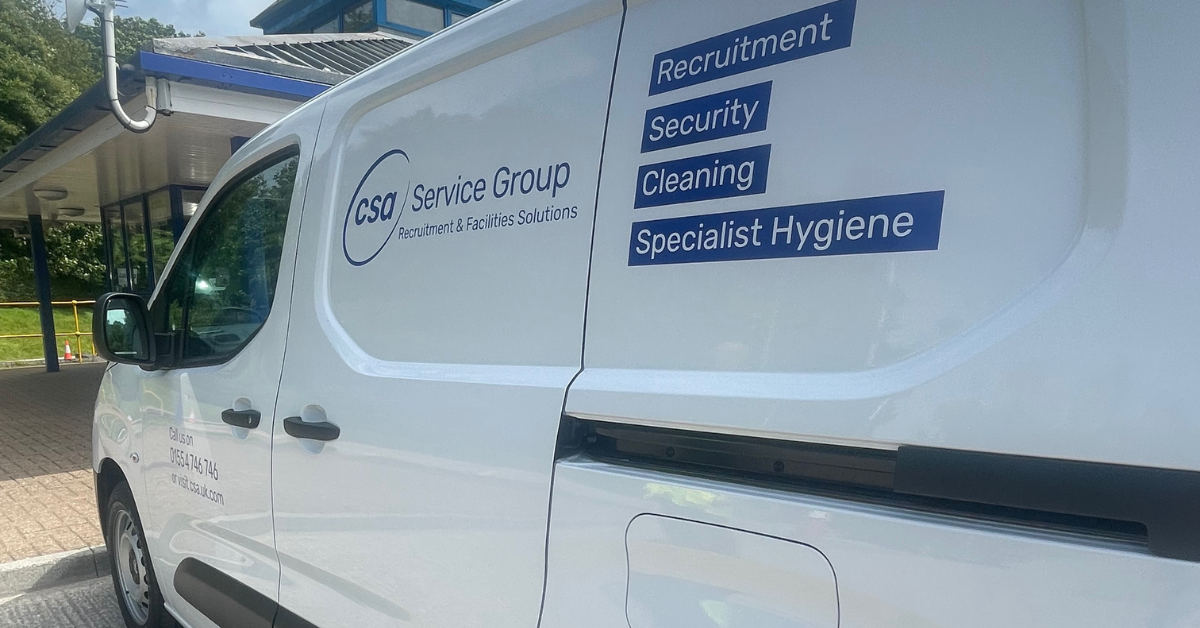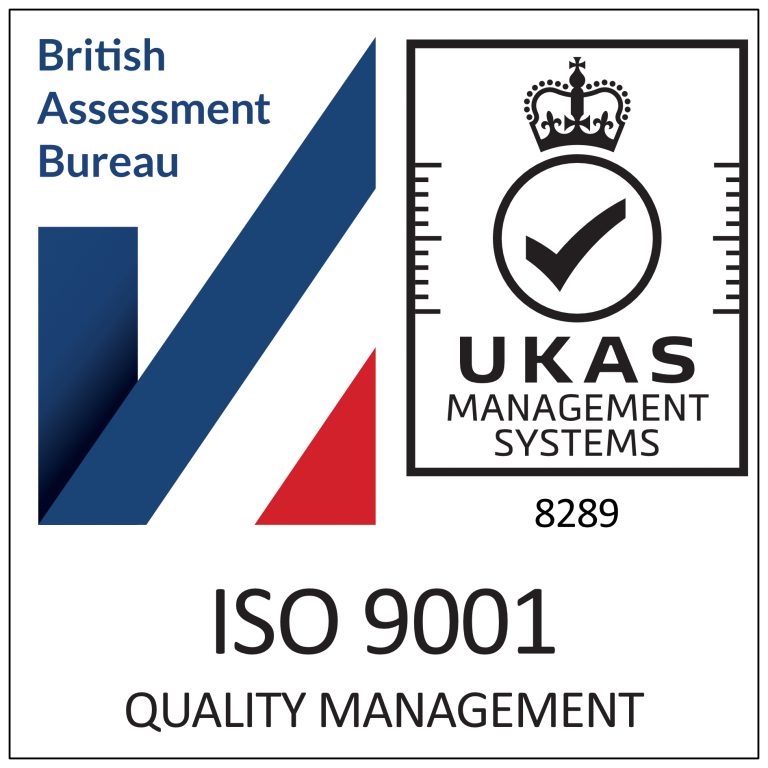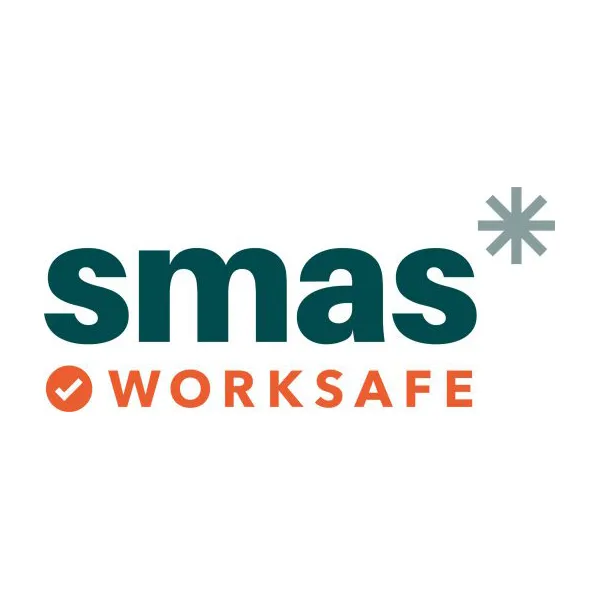Share This Article
Temporary staff are a resource which many businesses rely heavily on, and they can be a huge benefit and an essential option to reach out to as and when required. Such occasions can be a reaction to seasonal peaks, such as busy Christmas periods, or where demand for your product or service is suddenly very high. You may also need temporary staff for managing short term projects or for navigating special events.
The difficulty in recruiting temporary staff is that you need the process to be seamless. You need temporary employees who can maintain your standards consistently, who understand the culture and the skills required straight away and who can hit the ground running when there is very little time for training and the whole process is based on being fast and reactive. So how do you approach temporary staff recruitment to ensure you get the very best temporary employees available? Here are some tips:
Be specific
If you have any hope of attracting the best temporary employees, you have to be very clear on exactly what you need. This is in terms of a job profile and the skills and experience required, but also in terms of the length of contract. This might not always be known, so if that is the case then say so. Having clear expectations will attract people more suited to the role, so where there is flexibility you will attract people who are open to that, and vice versa.
Trusted agencies
A recruitment agency is an intermediary between your business and the temporary employees. They know the people on their books and they will have specialisms in certain industries. Partner with an agency who has a good track record of recruitment in your sector, and who will understand your exact needs. If you have built a good relationship with an agency then you can work together to source temporary recruits who are a good fit for your business.
Interviews
It is often the case that the recruiter doesn’t have time to involve themselves with the interview process for temporary recruitment. If you need ten people to start tomorrow, there isn’t much scope to sit down individually with all the possible candidates. But if an agency provides you with suggested candidates, make sure you have some involvement in the process. This might be a five minute Zoom/Teams call or a phone call, but it is important that you establish some kind of feel for a person’s personality or motivations, in order to be sure they will be a good fit. People looking for temporary jobs know that things move quickly, so they should be adaptable and ready to be contacted and spoken to, as and when required.
Engagement
A common problem with temporary recruitment is building a sense of loyalty and motivation with the recruits, so that they perform to the standards expected. This can be a challenge when they know they aren’t going to be around for long, and don’t necessarily have to give their all. However, there are ways you can manage this to better engage temporary recruits:
- Onboarding process – Prepare a strong induction process to make temporary recruits feel valued and welcome. This includes plenty of training and information.
- Incentives – Where you can, include temporary staff in any bonus or incentive schemes you run with permanent employees.
- Advise permanent staff – Make sure permanent staff are fully advised that temporary staff are being recruited, for what roles and why. This ensures everyone is on the same page and provides a better chance of everyone working together.
- Targets – Provide defined targets and objectives where you can, so temporary staff know clearly and quickly that they are performing as required.
- Pathway – If it is possible to provide a pathway to permanent employment, then you should definitely state this. Occasionally a temporary recruit will really stand out, and there is no better job interview than on-the-job performance. The opportunity of a permanent role, or even an extended temporary contract, can be an excellent motivating factor.
Evaluate
You need to check-in with your temporary staff periodically to evaluate their performance, see if they are a good cultural fit and to offer constructive feedback. Your recruitment agency may be doing this anyway, but you should ensure you are part of the process in order to make this a two-way communication. Often temporary recruits will return for future temporary requirements because you have identified them during this type of process, or you can pencil them in for extended assignments if the possibility comes up. Evaluating the performance of temporary staff and being involved in the process makes temporary recruitment much easier in the future, particularly where this is likely to become an ongoing requirement.
If you need help and support with temporary recruitment then you can contact our team at CSA Recruitment today. We can provide assistance with all aspects of temporary recruitment, including sourcing, selecting, induction and training. So get in touch today.
Further Reading



























